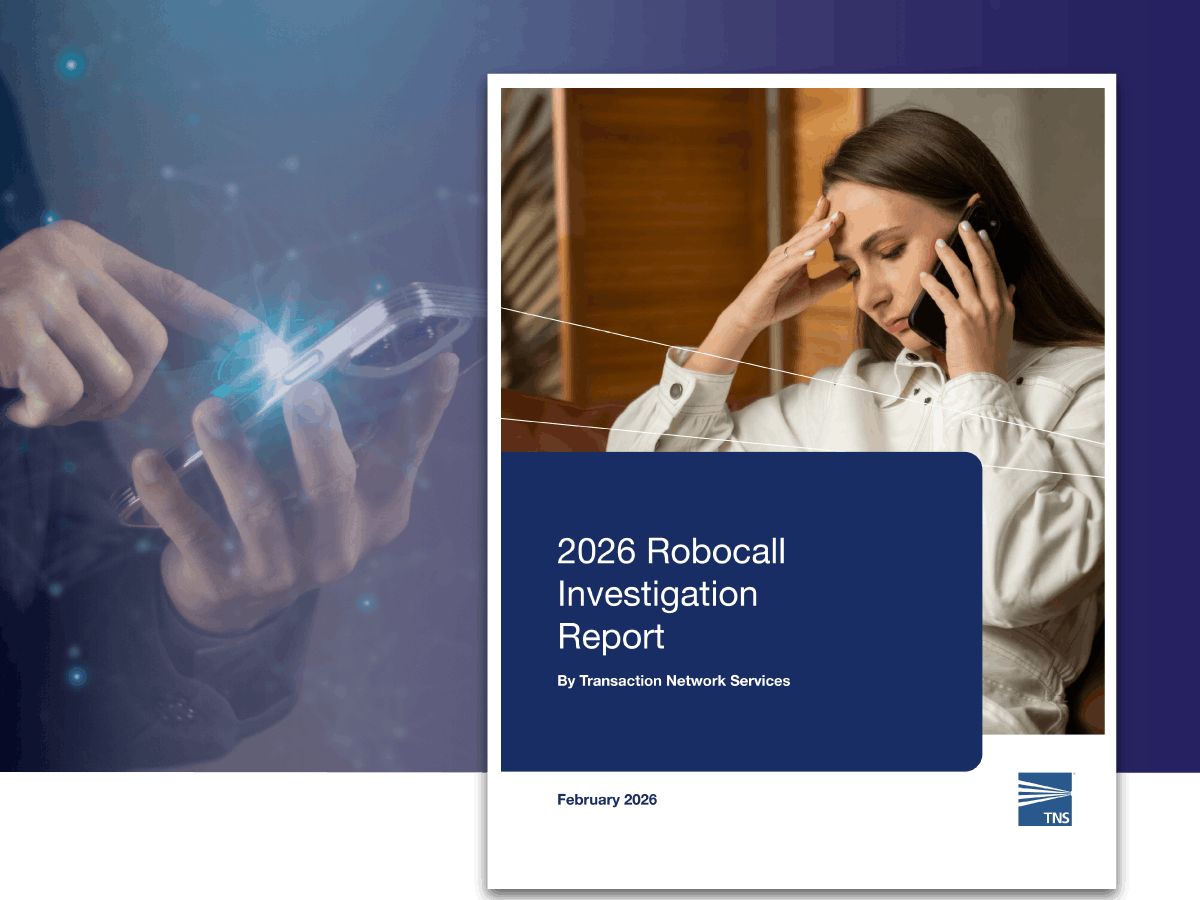Tax scam calls are ripe this time of year as fraudsters ramp up their efforts by impersonating the IRS. Various forms of tax scams exist, and fraudsters may contact their victims via email, social media, and texts or phone calls.
It is important to know that the IRS will never initiate contact to consumers via email, texts or social media to request information such as bank account information, credit card numbers or passwords.
Why You Keep Getting Tax Scam Calls
IRS tax scams are spiking ahead of Tax Day, driven in part by the information vacuum created when the IRS suspended some taxpayer notices three days into tax season.
What a Tax Scam Call Sounds Like
A transcript of a recent tax scam call
“Thank you for connecting. I am the virtual assistant for Margaret Smith with Central Processing Center for federal back taxes negotiations. The purpose of her call was to make you aware that the government suspended the tax collection act and we’ll settle all old tax debts that US residents may have. This means you are not going to need to pay back your past due taxes, since they are non-collectible and ready to be settled. Using our automated approval technology, you are now able to obtain enrollment information based on your current situation. To use the AI automation and find the program you are approved.”
A recording of the robocall
The only AI automation behind this message is a tax scam caller waiting to be connected to you via their interactive voice response (IVR) system in attempt to get your personal information.
Red Flags for Tax Scam Calls
Tax scammers use a threatening approach, demanding taxes to be paid immediately by gift card or wire transfer. They may claim the victim will be arrested or deported if they do not pay up. In addition, scammers may use a more detailed approach to make the victim believe they really are the IRS.
A transcript of a real tax scam call
“Hello, my name is Olia. State number SF694. This is a notification from our Dept of Tax Debt and Financial Settlement services. The purpose of this call is to inform all US Citizens on our list about our new tax debt compromise program. This program is part of the American Rescue Plan put into effect by the Biden Administration and is now open to Enrollment. The new tax owed program will allow you to significantly reduce or eliminate your tax debt. Your tax debt can now be considered temporarily non-collectable. However, you must elect to enroll in the program now. It is only open for a limited time. To enroll in the Tax Debt Compromise Program please call me back at my assigned number. xxx-xxx-xxxx.”
The tax scammer behind these calls mentions extra details that make the call sound highly believable, including a fake employee number, mentions of the current administration and an existing bill, and a program that sounds legitimate. Another red flag is the message’s sense of urgency when the scammer uses terms like must and limited time.
Does the IRS Ever Call You?
The IRS does have a tax debt compromise program, but an individual would need to initiate the process, as the IRS would not cold call advertising this option.
How to Report an IRS Scam
The IRS provides tools to use when you receive tax scam calls or are a victim of one of these scams. You can report IRS-related phishing attempts and fraud to the Treasury Inspector General for Tax Administration at 800-366-4484.
Call-blocking apps, including those powered by TNS Call Guardian®, are also a great resource for reporting and blocking unwanted robocalls.
Jim Tyrrell is Senior Director of Product Marketing at TNS with specific responsibility for TNS’ Communications Market solutions.
Call Guardian is a registered trademark of Transaction Network Services, Inc.

Scam of the Month
Stay vigilant, share information about scams with others and check out our Scam of the Month page updates.





